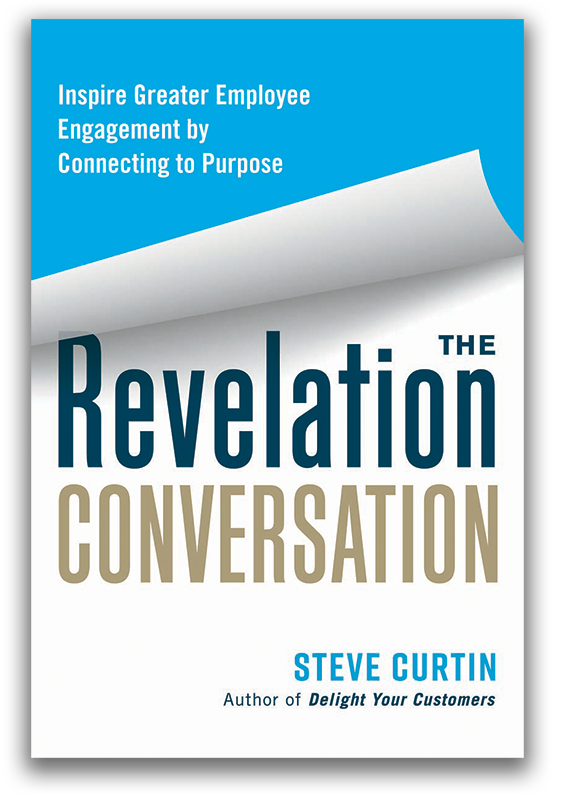 Last night I was watching the men’s 1000 meter Olympic speed skating event at the Winter Games. The defending Olympic champion, Shani Davis, dominated the field of skaters, winning the gold medal.
Last night I was watching the men’s 1000 meter Olympic speed skating event at the Winter Games. The defending Olympic champion, Shani Davis, dominated the field of skaters, winning the gold medal.
What was interesting to me was a remark by one of the television commentators. He said that Davis, an American citizen, lives and trains in Vancouver—just outside the Olympic Village—and that one of his good friends, Denny Morrison, is a member of the Canadian speed skating team. For two years before the Torino Games they trained together in Calgary, pushing each another to excel.
The commentator went on to say that, for competitive reasons, the coach of the Canadian team would not allow competing skaters to practice against the Canadian skaters before this year’s games. He suggested that this decision might have been short-sighted, as members of the Canadian team may have benefited from competition beyond what was comfortable and familiar to them.
That got me thinking about the nature of competition in business.
Intuitively, business operates with a scarcity mentality that suggests that there is a finite “pie” and that, if you get a larger slice of the pie, then I somehow get less. That’s why companies file patents and trademarks—to protect their intellectual property, conceal it from competitors, and use it to gain a competitive advantage in the marketplace.
The most successful businesses do not operate from a position of fear and scarcity. They lead from a position of confidence and abundance. These companies recognize that the “pie” is not finite. The size of your slice of the pie has little to do with the potential size of my slice because the pie has the capacity to grow exponentially.
This brings to mind an old Xerox print ad. In one frame, a little boy’s lemonade stand was suffering at the hands of a little girl’s competing lemonade stand, where a line had formed.
In the next frame, the boy had added a vase with a single rose to his lemonade stand and, to the girl’s dismay, the line had moved to her competitor’s stand.
The caption beneath the second frame read: “When companies compete, products get better.”
Whether in athletics, business, or another endeavor, competition is not something to fear and avoid. It should be welcomed and embraced. From a business perspective, all of us have something to learn from our competitors that will enable us to improve the product and service quality we deliver to customers.
What will your lesson be?



